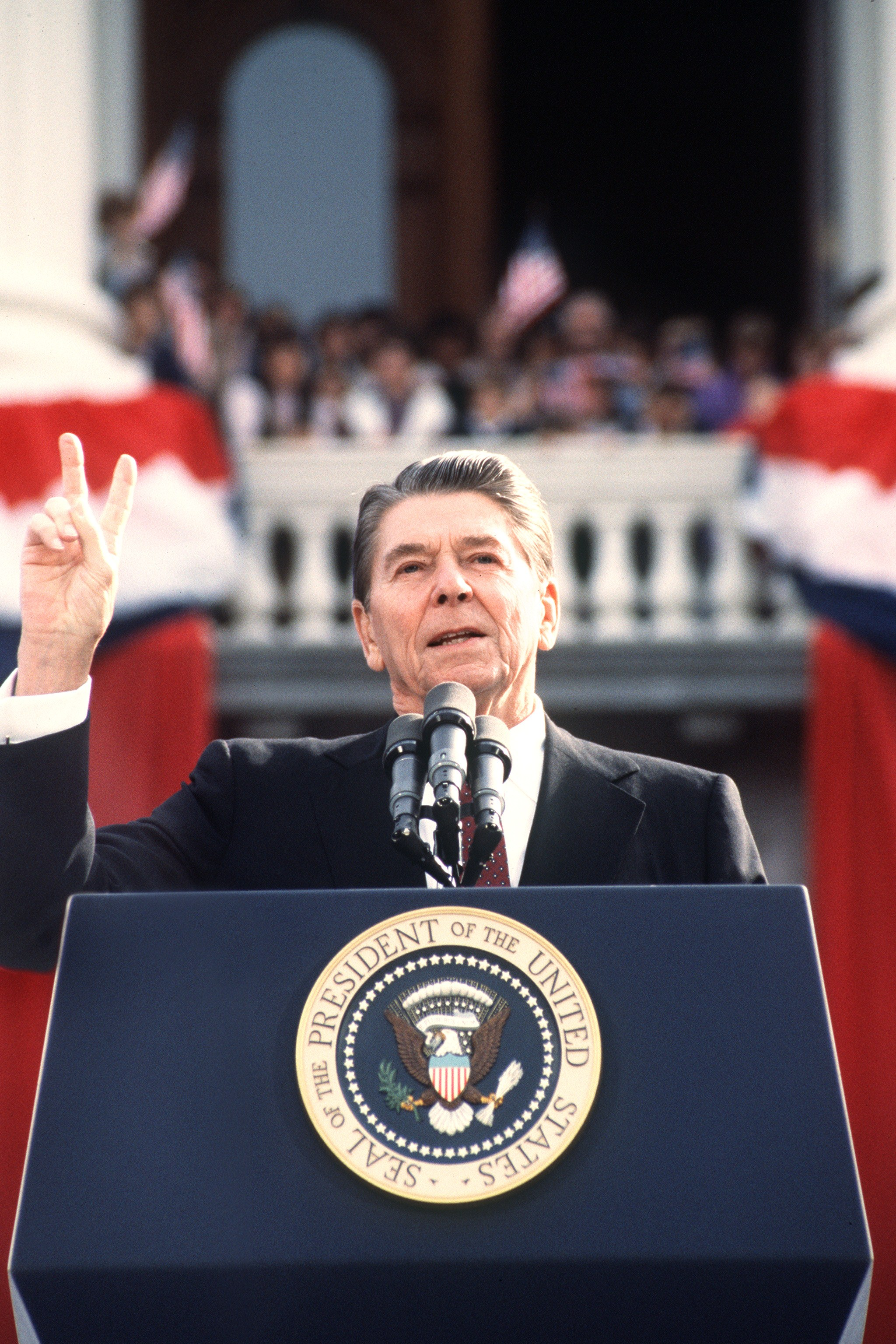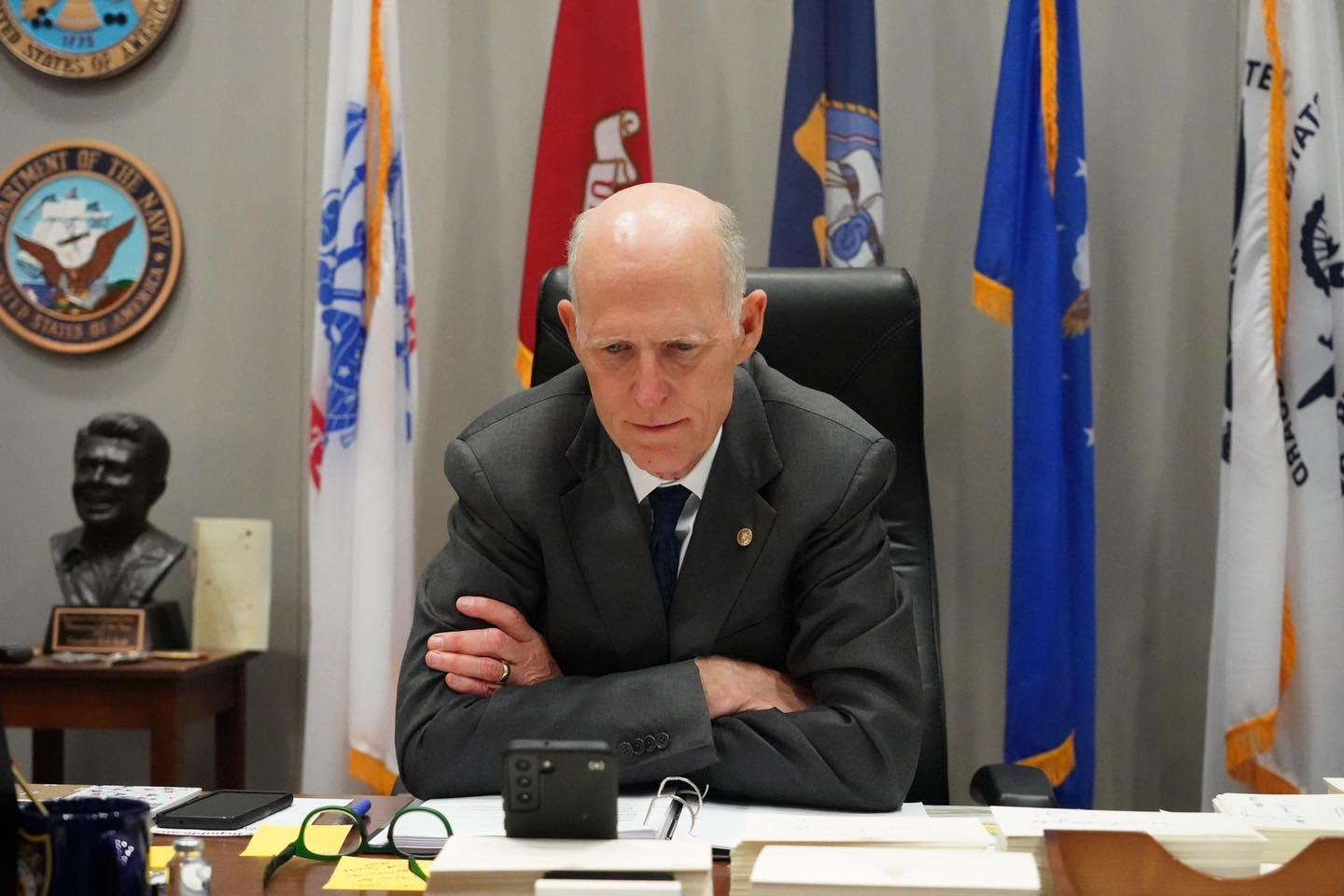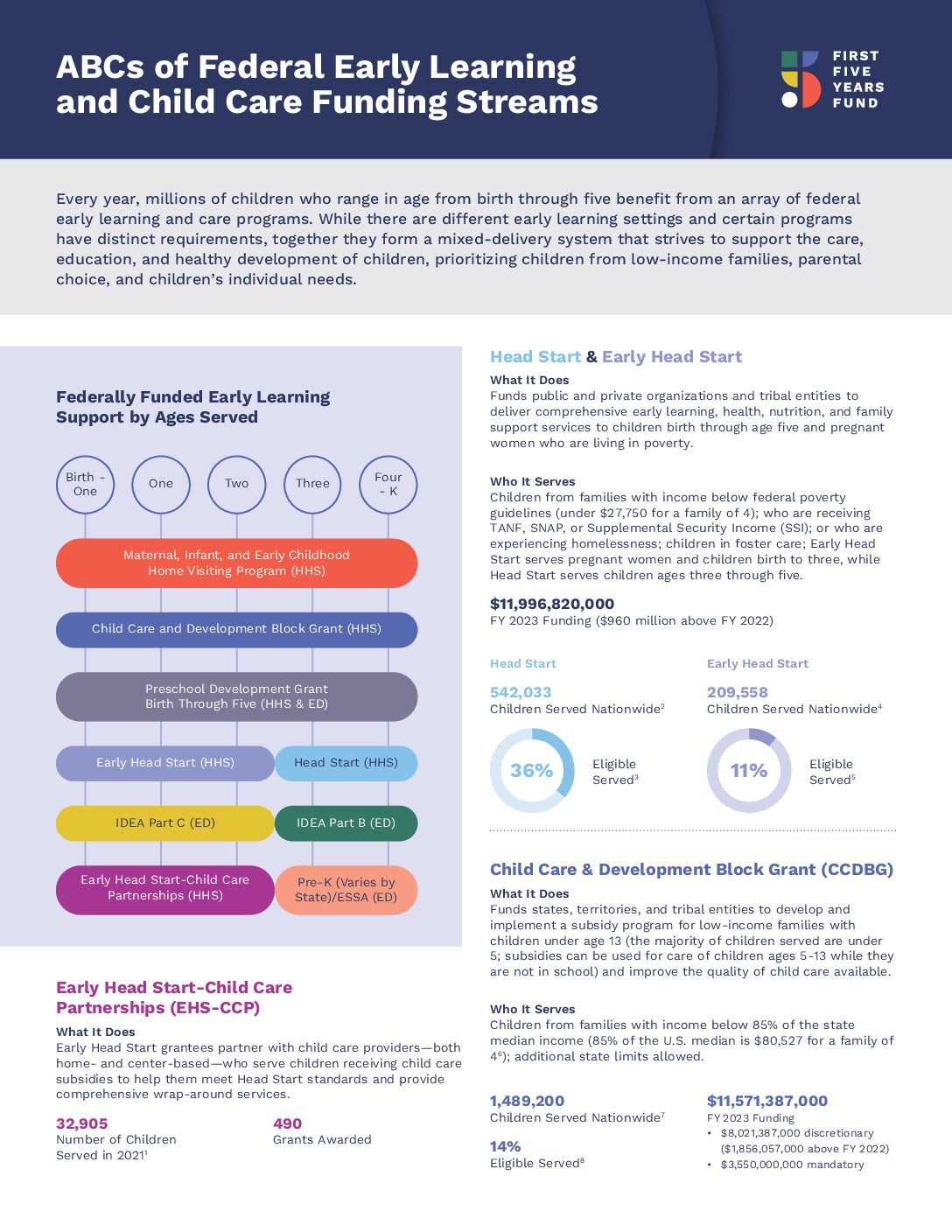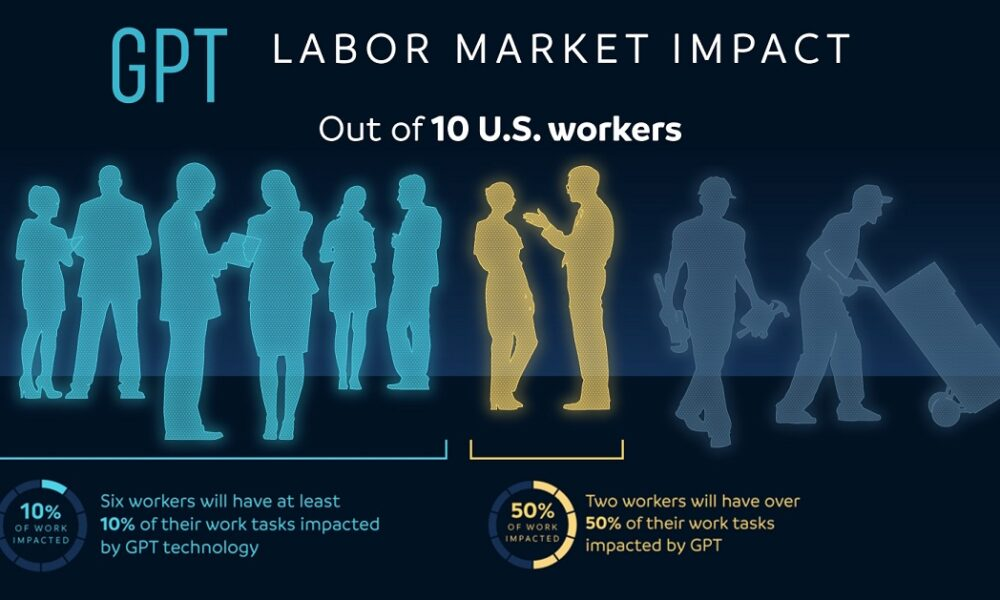The economic policies of Republican presidents have long been a defining element of American political discourse, often marked by an evolution away from traditional GOP economic orthodoxy. Prominent economists, like Oren Cass, argue that these policies have strayed from the party’s historical commitment to bolstering the labor force and prioritizing the well-being of American families. Instead, many Republican leaders have concentrated on free-market policies that favor deregulation and unrestricted trade, which have not always yielded positive results for the average citizen. Throughout the Republican party history, pivotal figures such as Abraham Lincoln and Ronald Reagan have demonstrated a complex relationship with these economic strategies, invoking tariffs and government aid while upholding a pro-business facade. As we navigate the intricate landscape of conservative economic strategies, it becomes evident that the party’s approach has oscillated and adapted, often complicating the narrative of its economic legacy.
When discussing the fiscal approaches adopted by leaders from the Republican party, it’s essential to recognize their historical deviation from planned economic policies that aimed at long-term labor and community benefit. Critics of modern conservative tactics point to the influence of economic libertarianism, which emphasizes minimal government intervention, often neglecting the need for social stability and worker empowerment. In the evolving dialogue surrounding economic systems, terms such as conservative economic frameworks and free-market principles emerge, reflecting the nuanced debates within the party. The challenges that have arisen from prioritizing short-term consumer advantages over sustainable growth solutions highlight the necessity of reevaluating these strategies. As the discourse continues, understanding the implications of such economic policies is crucial for both current and future generations.
The Historical Perspective on GOP Economic Policies
Historically, the economic policies of Republican presidents have often diverged from what is now considered GOP economic orthodoxy. Prominent figures such as Abraham Lincoln and Theodore Roosevelt championed measures like tariffs to protect American industries and jobs, illustrating a pragmatic approach that prioritized economic development over strict ideological adherence to free-market ideals. These historical examples suggest that the Republican party has, at times, engaged in protectionist strategies to support the workforce, contradicting the modern perception that presents the party as unwaveringly libertarian in its economic philosophy.
A notable critique from economist Oren Cass emphasizes this deviation from historical Republican economic strategies. He argues that over the years, particularly from the late 20th century onward, the party’s leadership has gravitated toward an unyielding commitment to free-market policies, often at the expense of working Americans. This shift, Cass suggests, represents not just a departure from the party’s roots but a detrimental change that has led to stagnation in wage growth and increased reliance on government assistance programs. Such reflections underscore the need for a reevaluation of the Republican approach to economic policy in light of its historical context.
Economics Reimagined: The Critique of Free-Market Policies
Oren Cass, in his critique of contemporary GOP economic policies, challenges the long-standing commitment to free-market ideology, arguing that it has not only failed to fulfill its promise but has also deepened socioeconomic divides. Cass notes that this narrow focus on deregulation and market fundamentalism has often resulted in policies that do not foster a robust labor market. Instead of promoting family-supporting jobs and community investment, recent Republican strategies have favored cheap consumer goods, which he argues fail to enhance human flourishing. This brings to light the fundamental question of what the market is meant to achieve: should it merely optimize consumption, or should it serve broader societal goals?
Furthermore, Cass’s analysis brings to attention a crucial misconception about the market’s function within the economy. He posits that the market should be viewed as a facilitator of social and economic wellbeing—empowering workers and fostering investment in communities rather than merely a mechanism for individual consumption. By prioritizing policies that cultivate a strong labor force and sustainable economic practices, Republicans can reclaim their historical role as advocates for economic development that benefits all segments of society. This shift could align with the values that historically defined the Republican party and address the growing dissatisfaction expressed by constituents with the status quo.
Case Studies of Republican Economic Leadership
Examining the leadership of past Republican presidents reveals significant variations in their approach to economic policy. For instance, Ronald Reagan’s presidency is often lauded for free-market reforms, yet he raised taxes multiple times and engaged in protectionist measures contrary to modern libertarian principles. This contradiction highlights a more complex narrative about what constitutes effective economic governance within the Republican framework. Reagan’s mixed economic legacy prompts a reevaluation of how modern GOP leaders might learn from the successes and failures of their predecessors.
Similarly, Richard Nixon’s tenure demonstrated how Republican presidents have employed defensive economic strategies, such as wage and price controls during inflationary periods, to stabilize the economy. These instances indicate that the Republican party has historically recognized the need for government intervention in specific circumstances, a sentiment that some modern conservatives reject. This ongoing debate about the appropriate balance between free-market policies and government oversight remains crucial as the party grapples with its identity and economic philosophy moving forward.
The Role of Conservative Economic Strategies in Today’s Politics
In today’s political landscape, conservative economic strategies rooted in historical Republican principles face significant scrutiny. The rise of economic libertarianism has shaped the party’s platform, often sidelining the more inclusive, worker-focused policies that can stimulate broader socioeconomic growth. This shift, as articulated by Oren Cass, raises essential questions about the effectiveness of current Republican policies in meeting the needs of American families. With increasing inequality and stagnant wages, the Republican party may need to reconsider its economic agenda to resonate with a changing electorate.
Moreover, the implications of conservative economic strategies extend beyond immediate financial concerns; they touch on the social fabric of communities across the nation. By reevaluating their commitment to free-market ideologies, conservative leaders can forge a path towards policies that not only promote economic growth but also strengthen families and neighborhoods. A pragmatic approach, as seen in the historical practices of the party, could prove pivotal in addressing contemporary challenges and rebuilding trust with constituents disillusioned by the existing economic models.
Revisiting Economic Orthodoxy: A Call for Change
As conservatives reassess their approach to economic orthodoxy, there is a clear call for a transformative reworking of Republican economic policy. This evolution would mean moving past the restrictive framework of market fundamentalism and acknowledging the complexities of modern economic challenges. By doing so, Republican leaders could embrace ideas that promote fiscal responsibility while strengthening the labor force and expanding economic opportunities for all Americans. Furthermore, this calls for an acknowledgment of the lessons from iconic Republican figures who successfully balanced regulation and free enterprise in ways that benefited the average American.
The growing consensus among some Republican leaders about the need to pivot from traditional free-market policies is emblematic of a wider recognition within the party that unyielding adherence to libertarianism may not serve the populace effectively anymore. Economic critiques, like those of Cass, suggest that a mixed approach incorporating safety nets and investment in the workforce could rejuvenate the party’s image and relevance. This would not only invigorate grassroots support but also affirm the Republican commitment to creating a thriving economy that values every individual’s contribution.
The Intersection of Economic Policies and Social Conservatism
One of the compelling aspects of the current dialogue on GOP economic policies is the intersection with social conservatism. Traditional Republican values emphasize the importance of family and community, which can sometimes clash with strict free-market ideologies that prioritize individual consumer choice. Oren Cass highlights the need for economic strategies that promote family welfare, suggesting that this alignment could bolster both social and economic outcomes for conservative constituents. This presents an opportunity for the Republican party to articulate a vision that harmonizes economic growth with social responsibility.
Moreover, as the party navigates the political landscape, addressing the concerns of social conservatives about economic disparities can lead to more cohesive policy-making. By focusing on labor market dynamics and the necessity for living-wage jobs, Republican leaders can advocate for policies that resonate with social conservative values while also driving economic growth. This nexus of social and economic concern lays the groundwork for a renewed Republican identity that prioritizes holistic community development.
Clientele and Competitiveness in the Current Economy
Republican economic policies also intersect with the questions of clientele and competitiveness in the global marketplace. In a world increasingly characterized by global trade, the traditional Republican emphasis on protectionism as a means to bolster domestic industries is coming back into focus. Cass’s critique highlights how recent trends in free-market policies have led to increased outsourcing and a diminishing competitive edge for American labor. This situation urges policymakers to consider the implications of global capitalism on local economies and the importance of fostering an environment where American companies can thrive.
In addition to addressing the challenges posed by global competition, future Republican policies must also find ways to appeal to a diverse clientele. This involves recognizing the changing demographics of American society and crafting economic strategies that reflect the needs of various populations, including the working class and lower-income families. By targeting policies that innovate and drive local economic growth, the Republican party can ensure its relevance and build a foundation for sustained competitive advantage in the modern economy.
Addressing Dependence on Federal Assistance Programs
One of the pressing issues within contemporary Republican economic discourse is the increasing reliance of American households on federal assistance programs. As detailed in Cass’s analysis, this dependence represents both a failure of the past economic policies and a challenge to the party’s core values. The prioritization of consumer purchasing power over long-term economic strength has left many Americans feeling disenfranchised and economically vulnerable. Republican leaders have the opportunity to reshape their narrative by prioritizing policies that empower individuals and promote self-sufficiency.
Strategies that focus on generating employment and increasing wages align with the fundamental principles of the Republican party while addressing this escalating reliance on government support. By championing human flourishing through robust economic policies, Republicans can move beyond the narrative of mere consumerism to advocate for sustainable economic solutions that strengthen the social fabric. This shift would not only appeal to disaffected voters but also solidify the party’s commitment to fostering prosperous communities.
The Future of Economic Policies within the Republican Party
In light of the critiques by economists such as Oren Cass, the future of economic policies within the Republican party may require a significant reorientation. Emphasizing a platform that incorporates traditional economic strategies while adapting to contemporary challenges could revitalize Republican approaches to governance. This prospective transition suggests a potential alliance between conservatives and more centrist factions within the party, allowing for a broader, more inclusive economic agenda that prioritizes the needs of American workers.
Creating a coalition aimed at developing innovative strategies for economic growth can better position the Republican party for future success. By combining elements of fiscal conservatism with a renewed commitment to social welfare and labor empowerment, Republicans can re-establish themselves as champions of both economic growth and community strength. Such a unified approach could resonate with diverse voter bases seeking real solutions to job creation, wage growth, and community investment.
Frequently Asked Questions
What are the key economic policies of Republican presidents throughout history?
Republican presidents have often implemented a range of economic policies that reflect GOP economic orthodoxy, such as emphasizing free-market strategies, tax cuts, and deregulation. Notable examples include Abraham Lincoln’s tariffs to protect domestic industry, Ronald Reagan’s tax reforms, and George W. Bush’s tax cuts. However, some critiques suggest these policies have not consistently benefited American households as intended.
How does Oren Cass critique the economic strategies of Republican presidents?
Oren Cass critiques the free-market policies championed by Republican presidents, arguing that they have failed to support American households effectively. He points out the historical departure from traditional Republican strategies that focused on strengthening the labor force and economic development as opposed to solely emphasizing deregulation and trade.
What is the historical context of GOP economic policies under Republican presidents?
Historically, the GOP economic policies favored by Republican presidents were rooted in a mix of protectionism and market liberalization. Figures like Teddy Roosevelt and Richard Nixon imposed tariffs and regulations to bolster American workers, contrasting with the market fundamentalism that emerged in later years, particularly during the Reagan era.
How have free-market policies evolved under Republican leadership?
Free-market policies have evolved significantly, particularly from the late 20th century onwards. While Ronald Reagan is often viewed as a proponent of these strategies, he also implemented protectionist measures, highlighting a complex relationship with traditional conservative economics. Subsequent Republican administrations have varied in their adherence to these principles, with some leaning more towards tax cuts and deregulation.
What lessons can be drawn from the economic policies of Republican presidents?
The economic policies of Republican presidents illustrate the tension between free-market orthodoxy and the need for protective measures for domestic industries. As critics like Oren Cass note, the singular focus on market deregulation has often overlooked the implications for American families, suggesting a need for a more balanced approach that includes supporting workers and domestic investments.
How does Cass’s critique of conservative economic strategies resonate with current economic challenges?
Cass’s critique resonates in the current context as many Americans face stagnant wages and rising dependence on government assistance. His call for a re-evaluation of conservative economic strategies encourages a focus on policies that genuinely support family stability and robust economic development, suggesting a potential shift in GOP economic policies.
In what ways did Ronald Reagan’s policies align with or differ from modern GOP economic orthodoxy?
Ronald Reagan’s economic policies are often associated with free-market orthodoxy, yet he implemented several tax increases and protective measures that diverged from strict deregulation. This complexity reflects a historical nuance in Republican economic strategy that challenges the simplified view of Reaganomics as purely libertarian.
How important is the discussion of economic policies among Republican leaders today?
The discussion of economic policies among Republican leaders is increasingly important as many seek to address the disconnect between traditional GOP economic strategies and the current needs of American workers. The emergence of voices like Oren Cass highlights a growing consensus around evaluating and potentially redefining what conservative economic policies should prioritize in light of modern economic challenges.
| Key Points |
|---|
| Republican presidents historically diverged from GOP economic orthodoxy, focusing on policies that did not prioritize deregulation and free trade. |
| Oren Cass argues that market fundamentalism and a focus on cheap consumer goods have failed to support American families and foster a strong labor force. |
| Historical examples include Lincoln, McKinley, Roosevelt, and Nixon, who all used tariffs to protect American industry. |
| Ronald Reagan’s administration raised taxes multiple times and expanded government support for farmers contrary to his image as a free-market advocate. |
| The coalition of social conservatives, economic libertarians, and national security hawks has fractured, leading to a lack of focus on economic issues among social conservatives. |
| Economic libertarian policies in the 2000s led to significant tax cuts without economic growth, increasing national debt instead. |
| Oren Cass critiques the libertarian focus on consumerism over developing a strong labor market necessary for family stability. |
| Cass advocates for a redefined market purpose that supports family structure, social fabric, and domestic innovation over mere consumption optimization. |
Summary
The economic policies of Republican presidents have often strayed from traditional GOP beliefs, favoring strategies that, according to economist Oren Cass, have not served American workers well. From the use of tariffs by Lincoln and Nixon to Reagan’s contradictory tax policies, these leaders demonstrated a complex relationship with free-market principles. In light of recent critiques, it is essential to rethink the role of government and the market in fostering a robust economy that supports families and encourages local investment.



